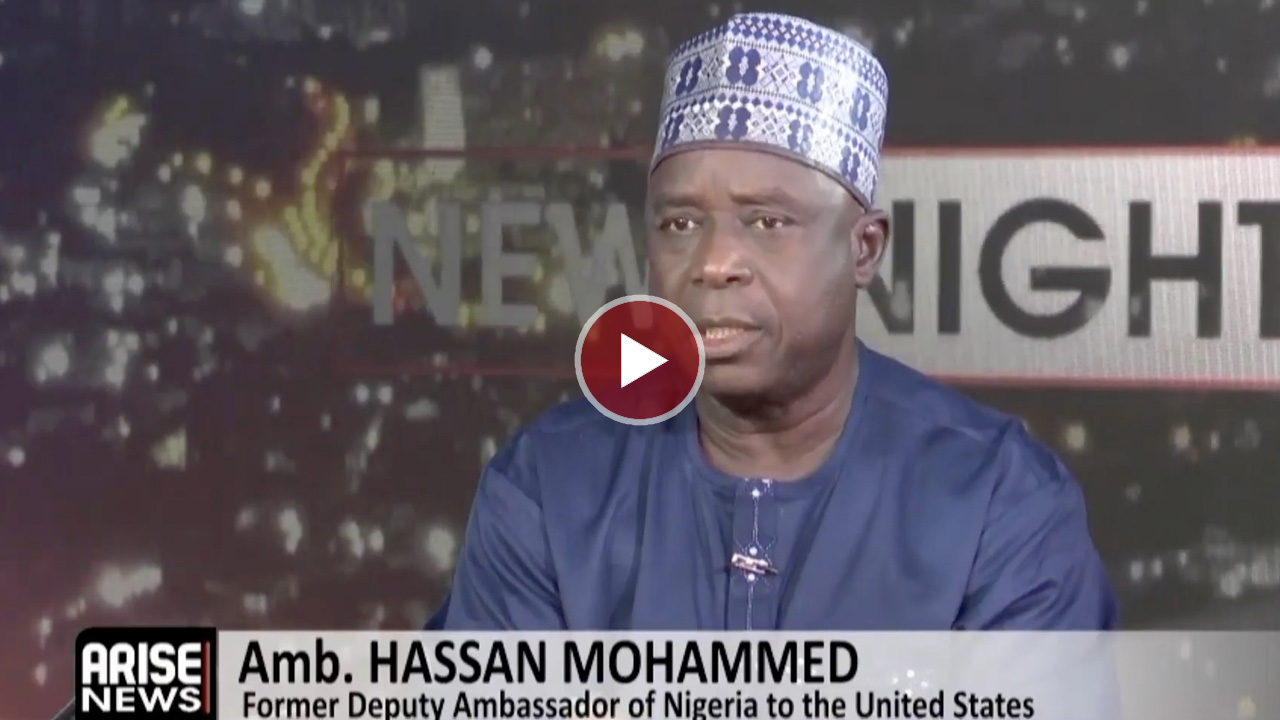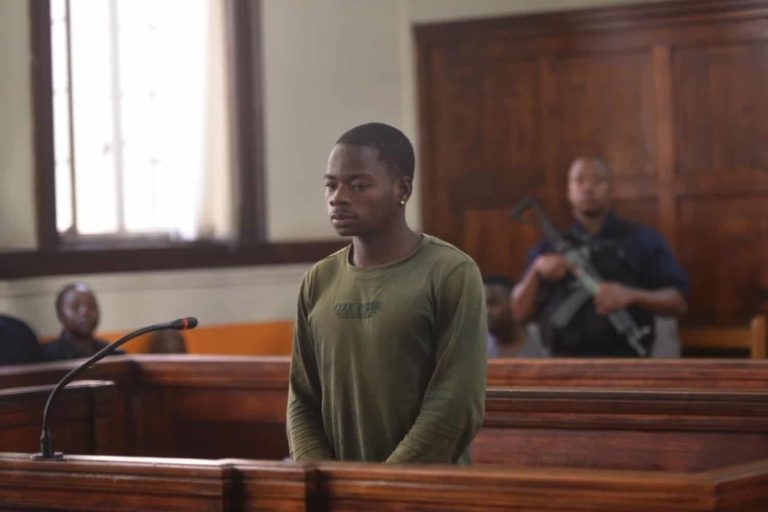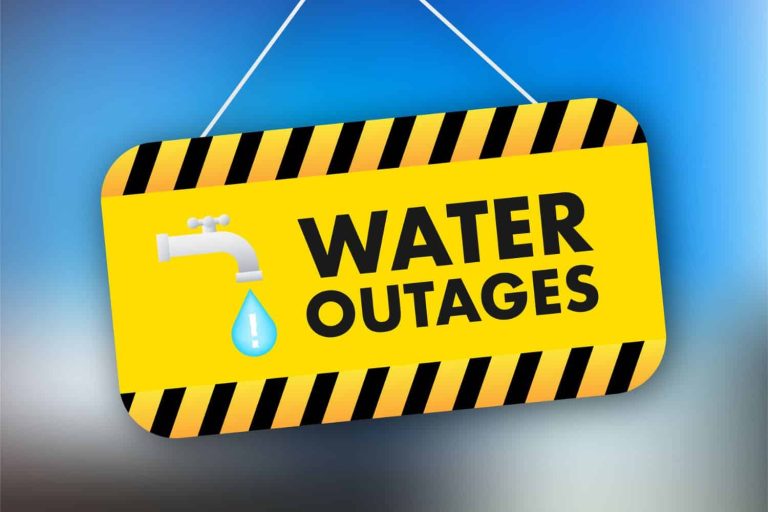

Former Deputy Ambassador of Nigeria to the United States, Ambassador Hassan Mohammed, has dismissed US President Donald Trump’s reported threat to attack Nigeria over alleged religious persecution, describing it as “unfounded, unlawful, and inconsistent with international norms.”
Speaking on ARISE Newson Monday, Ambassador Mohammed said Trump’s remarks had no legal foundation under international law, noting that the United Nations Charter clearly prohibits interference in the domestic affairs of sovereign nations.
“The international provision by the United Nations is very clear, there is a parity of states, and there is no interference in the domestic affairs of a nation,” he said. “So, we just wonder where President Trump is getting this authority to invade.”
He explained that the designation of Nigeria as a “Country of Particular Concern” (CPC) by the United States was rooted in the 1998 International Religious Freedom Act, which empowers the US to identify nations accused of religious violations. However, he stressed that the Act did not, under any circumstances, authorise military action.
“There is nothing in that Act that gives the United States the right to declare war on a nation because of religious violations,” he said. “What Trump has done — or threatened to do — goes far beyond what the law allows. There is clearly more than meets the eye.”
Ambassador Mohammed recalled that Nigeria was previously listed under the same designation in 2001 and 2002 but handled the matter diplomatically without any threats of conflict.
“When Nigeria was listed before, a delegation went to the US and clarified the situation,” he said. “The intention of that Act was to encourage fairness and improvement, not to provoke confrontation.”
He urged the Nigerian government to adopt a proactive diplomatic response, emphasising the need for clear communication with the international community and robust engagement at multiple levels.
“We have to tackle this diplomatically,” he advised. “It’s important that Nigeria engages ambassadors resident in the country, brief them directly on the true situation, and also take the matter to ECOWAS, the African Union, the European Union, and the United Nations.”
He added that the government should “punch holes” in Trump’s claims by presenting verifiable evidence that counters the narrative of systemic religious persecution.
“Nigeria must present the situation as it is — not as Trump puts it,” he said. “Our response must be firm, factual, and transparent.”
Ambassador Mohammed further noted the absence of clear public communication from the government on its ongoing diplomatic efforts.
“I don’t know what has happened in this regard, and I don’t know if the government is engaging quietly,” he remarked. “But there is nothing in the press to let Nigerians know what is being done.”
The former diplomat reiterated that Nigeria’s sovereignty must be respected and protected through strategic diplomacy, truth-telling, and international engagement.
“Nigeria must come forward and present herself very well,” he concluded. “We need to show the world that this country remains committed to fairness, peace, and the rule of law.”
Boluwatife Enome



